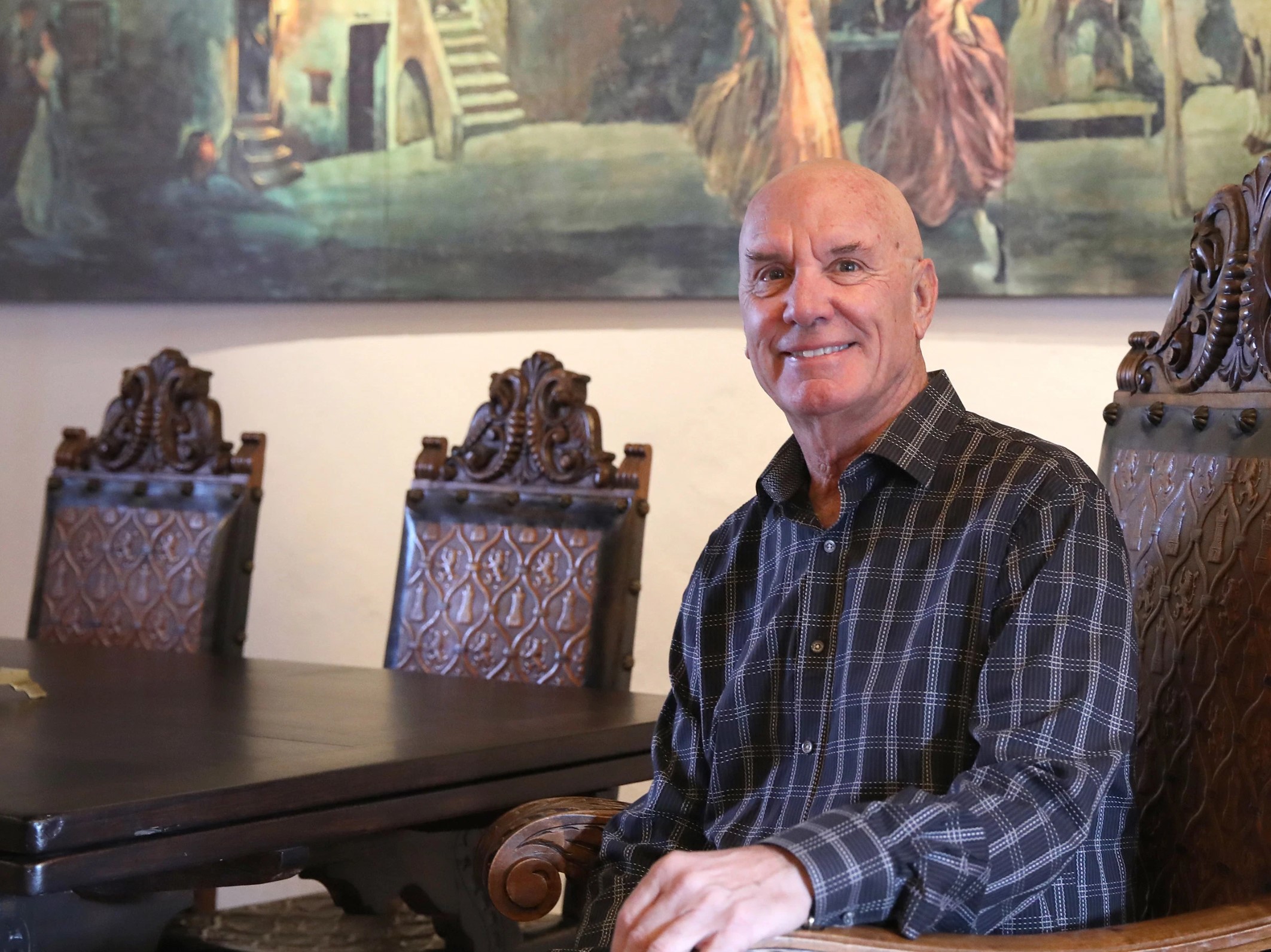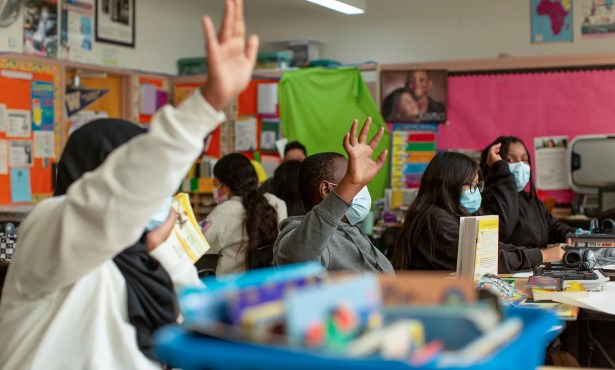Santa Barbara Foundations Support Nonprofits in Pandemic
COVID-19 Hits NonProfits' Funding

In these dark times, nonprofits across the board are hurting. The Joint Response Effort, a collaboration between the Santa Barbara Foundation, the United Way of S.B. County, the Hutton Parker Foundation, and 16 other funders, is channeling funds to nonprofits as well as to individuals and businesses. One hundred percent of donations go to aid recipients. According to S.B. Foundation Interim CEO Jackie Carrera, this group of funders “brings not only financial resources but extensive knowledge, information and, most of all, compassion, with their willingness to align efforts so that our community receives the best of what we all have to offer in response to the impacts of the COVID-19 pandemic.”
Carrera explained that “The process allows funders to be aware of all the needs that are being requested and the dollars granted so they can maximize their individual giving.” While the Effort has already raised about $2 million, Carrera related how they know they will need millions more to keep up. While federal aid will help, she added, some of those in need can’t wait until it arrives, and others won’t qualify. Already, 110 nonprofits and 1,100 households have applied. Applications by businesses are not being accepted yet.
Simple math shows that the $2 million raised is a fraction of what will be needed. If all the funds went to individuals (not to nonprofits and businesses as is the case), and if only one in ten residents needs assistance (a very optimistic estimate in a county where, in normal times, one in four receives food from the Foodbank), that $2 million translates to less than $45 of assistance for that one-in-ten person in need.
The Effort’s nonprofit assistance focuses on those organizations serving our county’s most vulnerable populations impacted by Covid-19. Donations can be made at unitedwaysb.org/covid19 or SBFoundation.org/covid-19responseeffort. For more info, see Philanthropists Give $1 Million to Combat Viral Economic Losses; Philanthropic ‘Joint Effort’ Doubles Fundraising Number to $2 Million
The Foundation has also established a Ways to Help forum for organizations who have a need for supplies, volunteers, or financial resources to connect with people who have them. https://www.sbfoundation.org/covid-19-ways-to-help/.
The individual assistance component of the Effort is being led by the United Way of S.B. County. The amount requested by the 1,100 households who have applied to date already far exceeds available funds. And of course, the number of applicants is expected to grow significantly and soon. Moreover, according to United Way of S.B. County President and CEO Steve Ortiz, the current distributions are going only toward the very immediate needs of our most vulnerable populations. Apart from these critical needs is the whole other component of long-term needs, which, Ortiz related, will be extraordinary and for which community support is also critical. While lamenting the pandemic’s effect on every demographic, Ortiz noted that we do have recent experience with disasters, and just like then, we are seeing significant collaboration in these uncertain, difficult times.
Another joint effort is the re-activation of the 805 Undocufund, which was formed in the aftermath of the Thomas Fire and 1/9 Debris Flow to assist undocumented immigrants. It is a collective effort by the Central Coast Alliance United for a Sustainable Economy (CAUSE), Future Leaders of America (FLA), and Mixteco/Indigenous Community Organizing Project (MICOP), with admin support by the Ventura County Community Foundation.
Undocumented immigrants do not qualify for unemployment benefits or many public safety net programs. Even when they are eligible for programs, many don’t apply because of language barriers or fear of immigration enforcement. And since the federal Public Charge Rule went into effect earlier this year, under which relying on public benefits could cost immigrants their ability to obtain a visa or green card, even more immigrants are reticent to apply for benefits.
The 805 Undocufund estimates that there are more than 126,000 undocumented immigrants in Santa Barbara and Ventura Counties. To donate https://vccf.org/805-undocufund-donation/. For more info, see https://www.independent.com/2020/03/24/covid-19-is-breaking-santa-barbaras-invisible-backbone/
While nonprofits serving those impacted by Covid-19 are where the need for funds may seem the most immediate, nonprofits across the board are hurting. Many rely on one major fundraiser in the spring or fall for a significant portion of their revenue, and all of those with spring fundraisers have had to cancel. Those rescheduling to the fall will face serious competition for donor dollars from other nonprofits, assuming social distancing orders have been lifted by then. Many nonprofits don’t have much in the way of reserves; their major donors are looking at the plummeting value of their investment portfolios; and their mainstream donors are looking at financial insecurity themselves.
Environmental Defense Center (EDC) Executive Director Owen Bailey shared how the EDC is anticipating a significantly changed fundraising landscape because of donors’ changed financial situations. He acknowledged the need to “focus on ensuring that those at risk from, or already impacted by, the disease, have the resources they need,” but also cautioned that “even in the midst of this crisis, the clock continues to tick on our ability to deal with climate change, and we have immediate threats that could open the door to more oil drilling in our community, which bring very real risks to public health and safety, as well as irreversible harm to the environment.”
There are hundreds of nonprofits in town, like EDC, whose critical missions require ongoing funding and that are facing an immense fundraising challenge.
The Coronavirus Aid, Relief and Economic Security (CARES) Act allows taxpayers to deduct up to $300 in charitable donations without itemizing (an above-the-line deduction), so regardless of whether you itemize, you get to deduct the value of your contribution. And the CARES Act lifts the 60 percent of AGI limit for cash donations so those in a position to make sizable contributions can fully deduct them.


